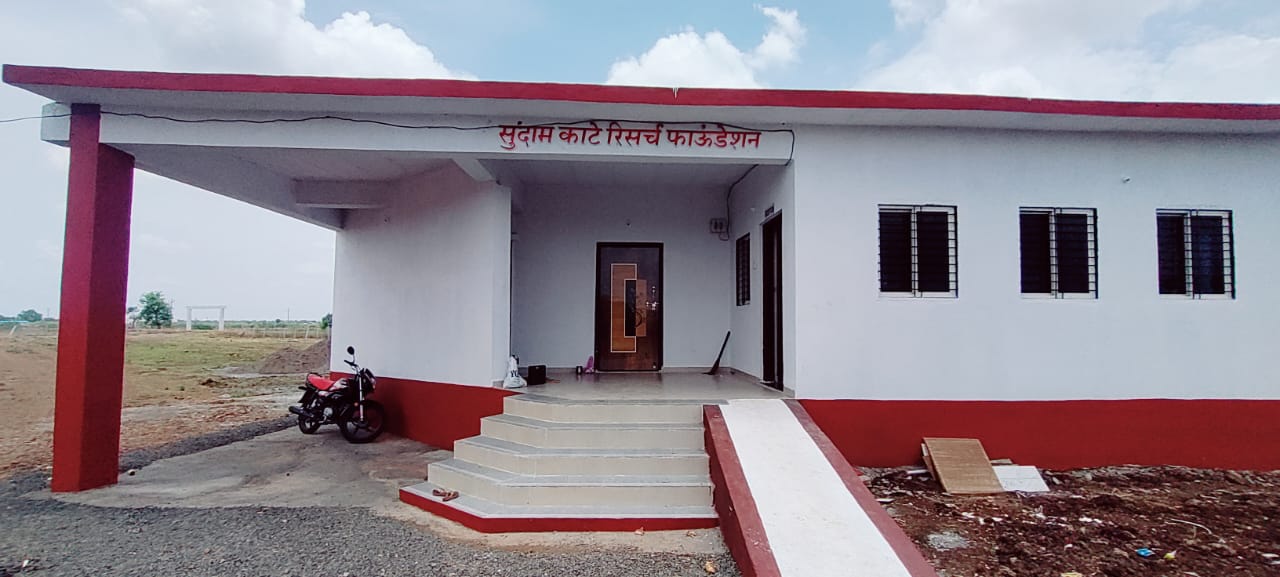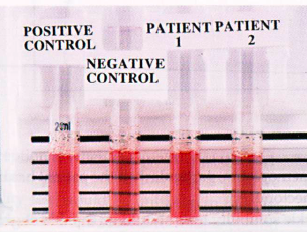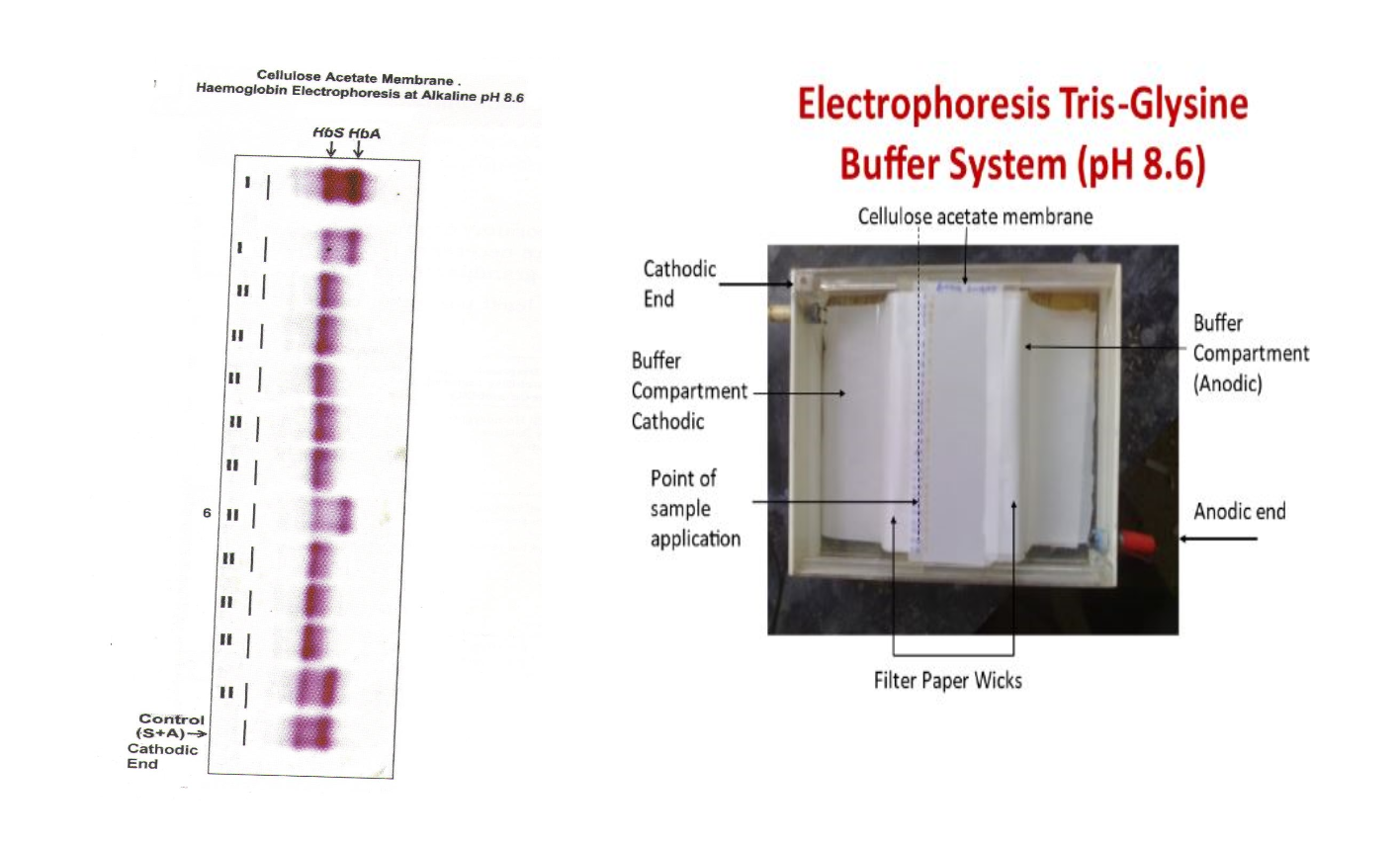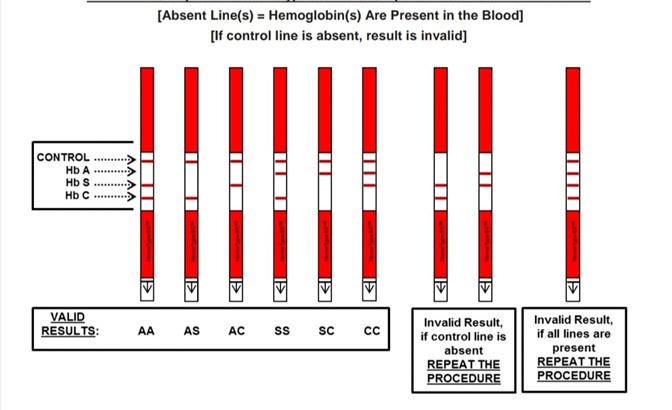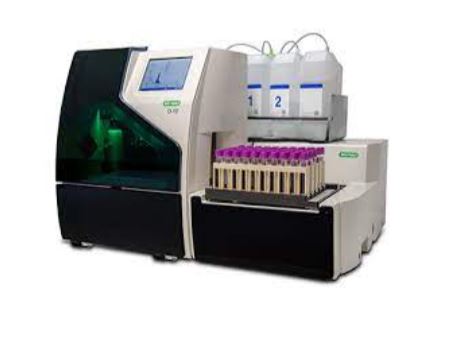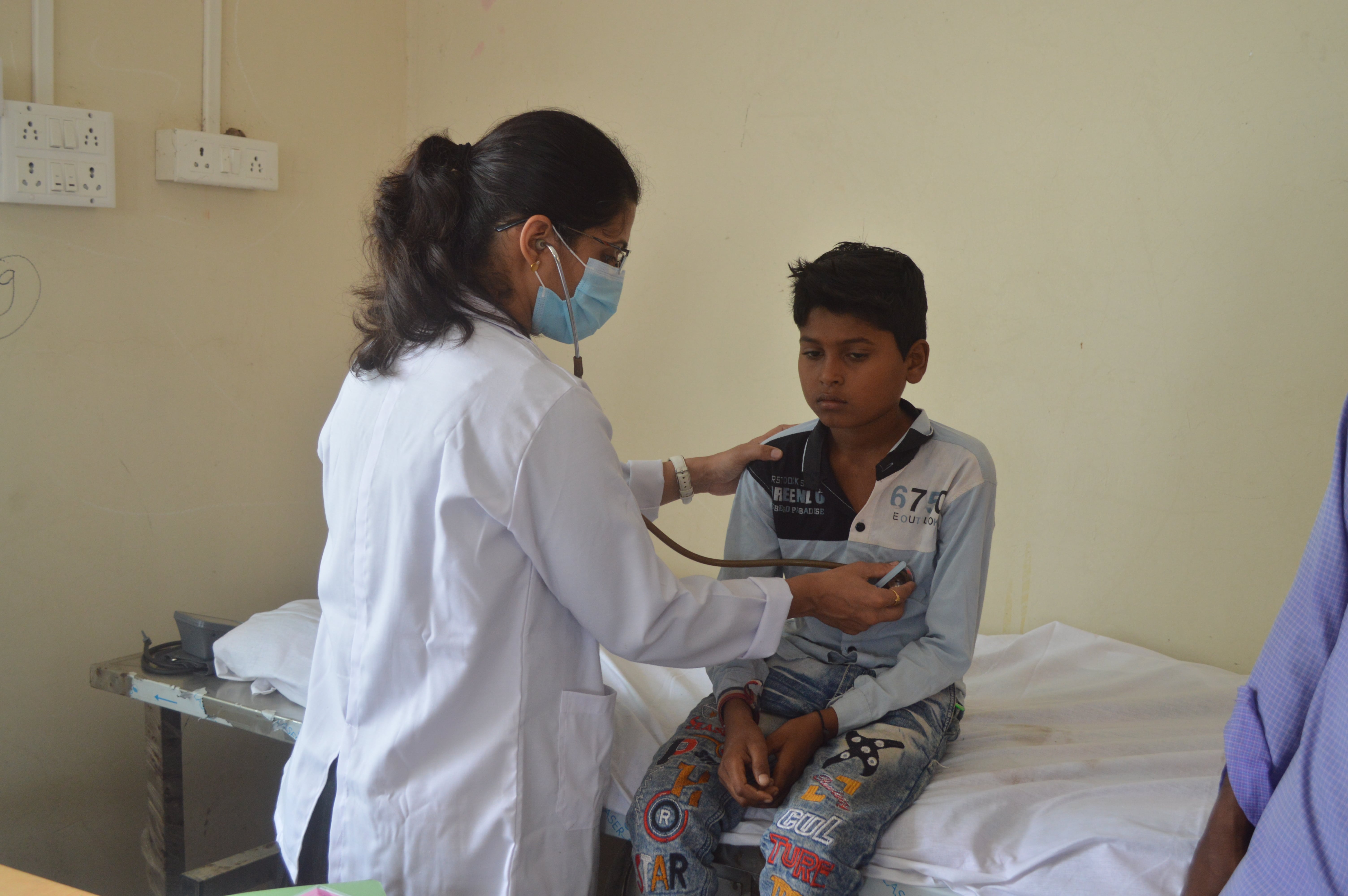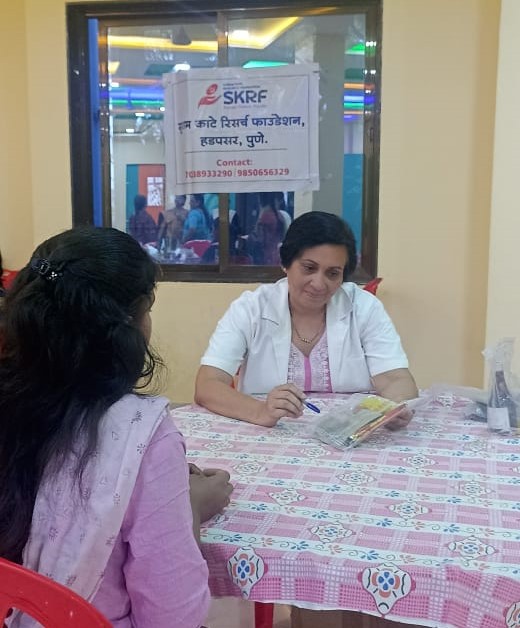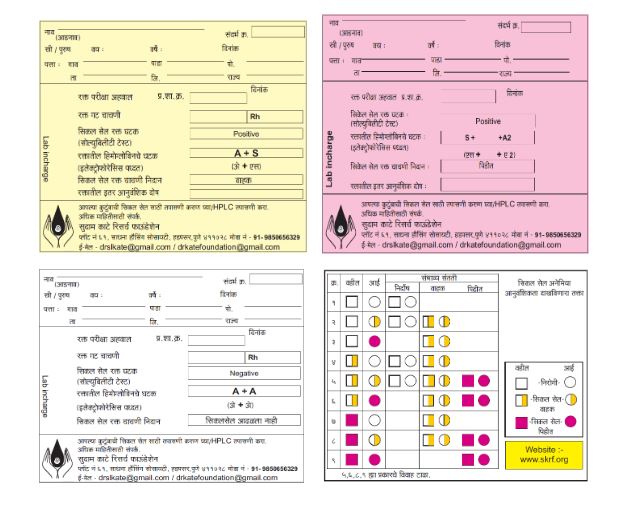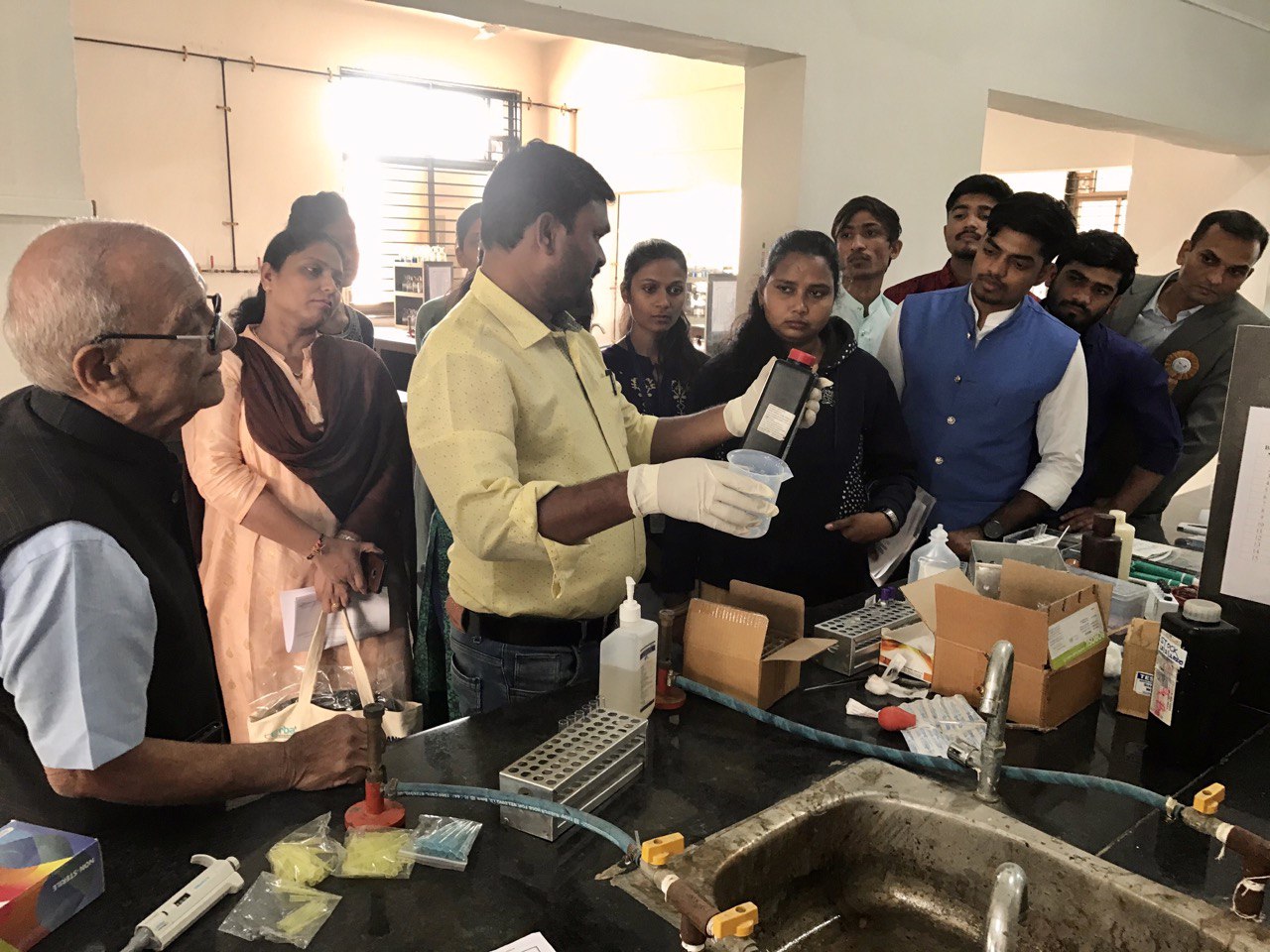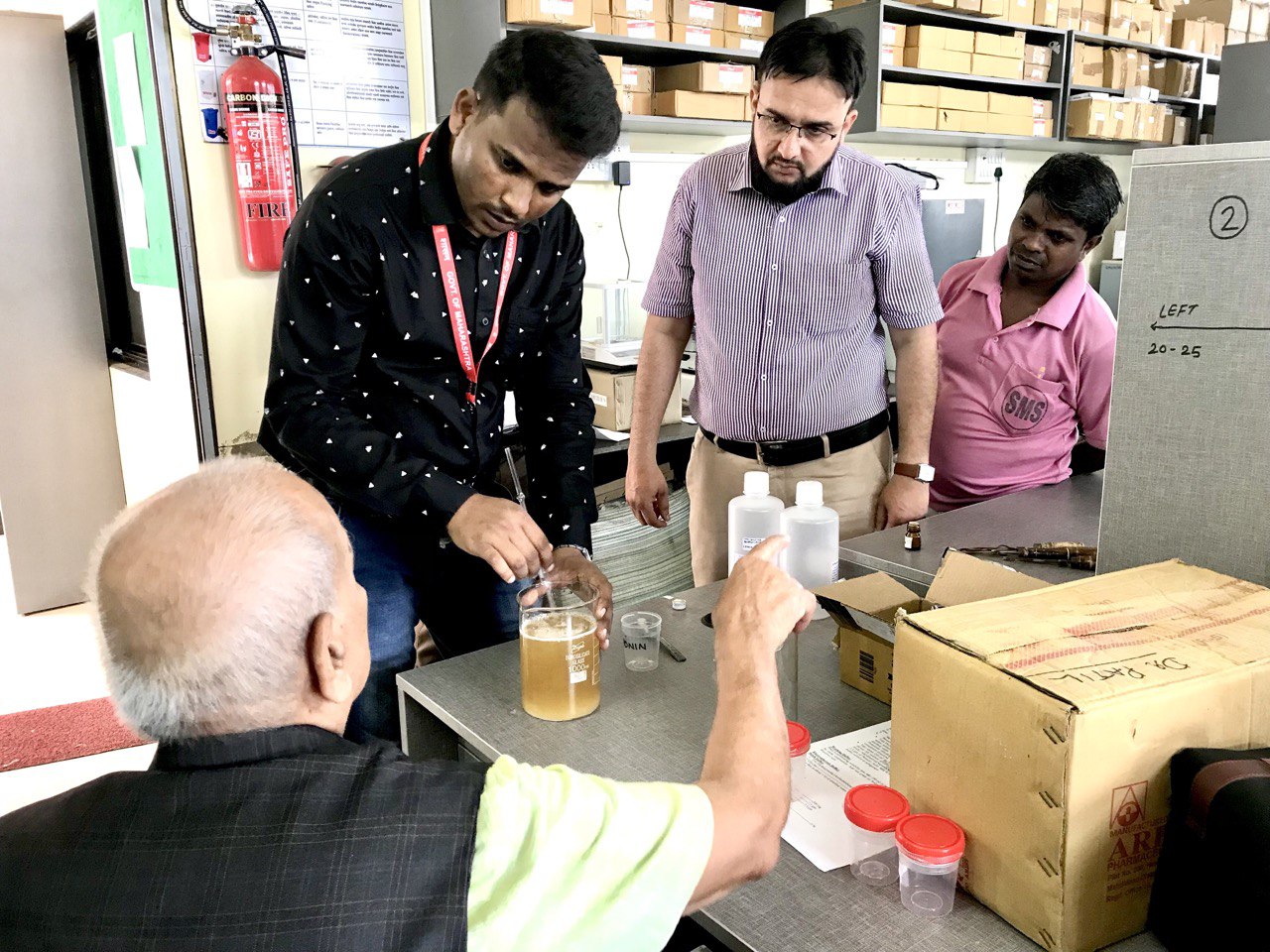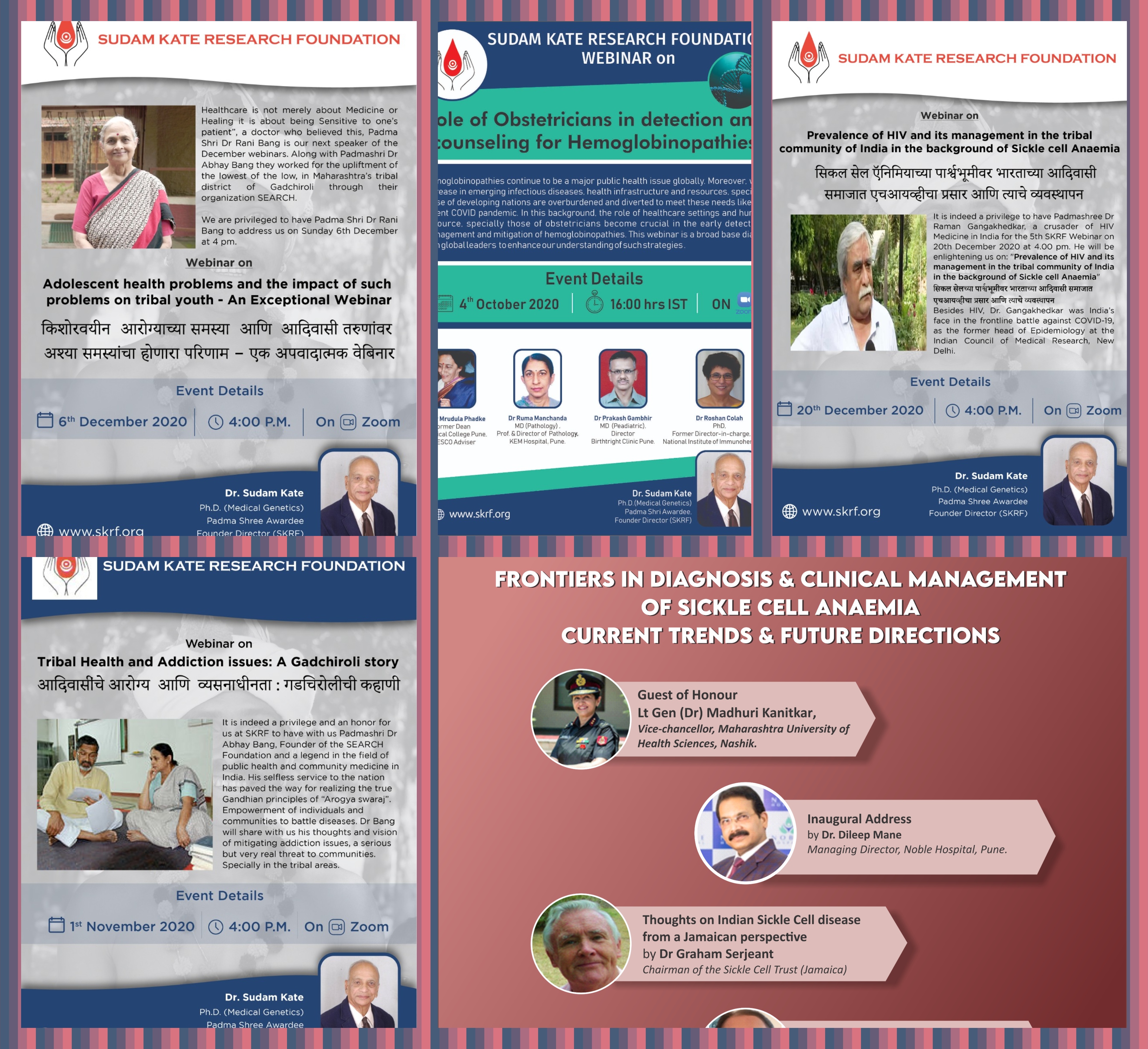| 4th October 2020 at 4.00 pm |
Role of Obstetricians in detection and counseling for Hemoglobinopathies
|
1. Prof Dr Mrudula Phadke
Former Dean BJ Medical College Pune, UNESCO adviser
2. Dr Ruma Manchanda
MD (Pathology), Prof. & Director of Pathology, KEM Hospital, Pune.
3. Dr Prakash Gambhir
MD (Peadiatric), Director Birthright Clinic Pune.
4. Dr Roshan Colah,
PhD, Former Director-in-charge, ICMR National Institute of Immunohematology.
|
| 12th October 2020 at 3.30 pm |
Social and Physiological Stigma of Sickle Cell Disorder: Women Perspective.
|
Prof. Arvind Shaligram,
Dr S. L. Kate, Padmashree
Dr Anuradha Shrikhande, |
| 18th October 2020 at 4.00 pm |
“Public Health Aspects of COVID 19 and Tribal Health” |
Dr Pradip Awate, State Surveillance Officer of Maharashtra |
| 1st November 2020 at 4.00 pm |
Tribal Health and Addiction issues: A Gadchiroli story
"आदिवासींचे आरोग्य आणि व्यासनाधीनता: गडचिरोलीची कहाणी“ |
Padmashree Dr Abhay Bang, Founder, SEARCH Foundation/td>
|
| 6th December at 4.00 pm |
किशोरवयीन आरोग्याच्या समस्या आणि आदिवासी तरुणांवर अशा समस्यांचा होणारा
परिणाम - एक अपवादात्मक वेबिनार
An exceptional webinar on Adolescent health problems and the impact of such
problems on tribal youth. |
Padmashree Dr Rani Bang, Director SEARCH Foundation |
| 20th December 2020 at 4.00 pm |
"Prevalence of HIV and its management in the tribal community of India in
the background of Sickle cell Anaemia"
"सिकल सेलच्या पार्श्वभूमीवर भारताच्या आदिवासी समाजात एचआयव्हीचा प्रसार आणि
त्याचे व्यवस्थापन" |
Padmashree Dr Raman Gangakhedkar,
Head of Epidemiology at the Indian Council of Medical Research, New Delhi
|
| 15th January 2022 |
Clinical Webinar Series – Webinar 1
Frontiers in diagnosis and clinical management of Sickle Cell Anaemia
Current Trends and Future Directions./td>
| Lt Gen (Dr) Madhuri Kanitkar, Hon’ble Vice-Chancellor, MUHS, Nashik.
Prof. Graham Sergeant, Chairman of the Sickle Cell Trust (Jamaica)
Prof. Dr. Mrudula Phadke, Advisor, National Health Mission, Former Vice
Chancelor |


